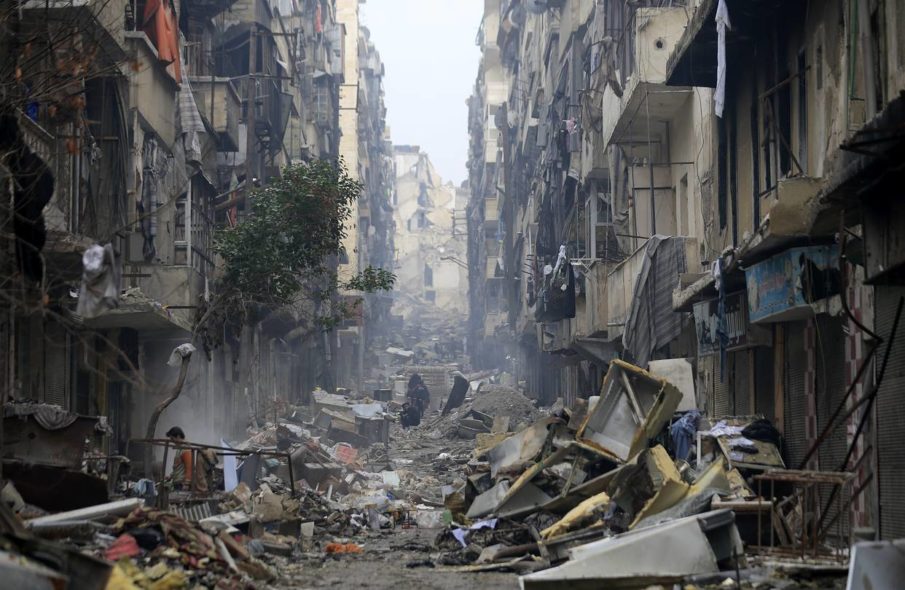Syria talks in Kazakhstan will test Russia-Turkey cooperation
AI Overview
Summary is AI-generated, newsroom-reviewed.
Russia and Turkey, which for years have backed opposing sides in Syria’s civil war, say they will work to map the outlines of a peace agreement during negotiations this week, the first major test of whether the powers’ newfound cooperation can achieve a breakthrough to end the conflict. The Trump ad
Read the full article for more on:
- Important insights and detailed analysis
- Expert commentary on current events
- Breaking developments and updates

Russia and Turkey, which for years have backed opposing sides in Syria’s civil war, say they will work to map the outlines of a peace agreement during negotiations this week, the first major test of whether the powers’ newfound cooperation can achieve a breakthrough to end the conflict. The Trump administration has said it won’t […]

What readers are saying
Generating a quick summary of the conversation...
This summary is AI-generated. AI can make mistakes and this summary is not a replacement for reading the comments.









COMMENTS